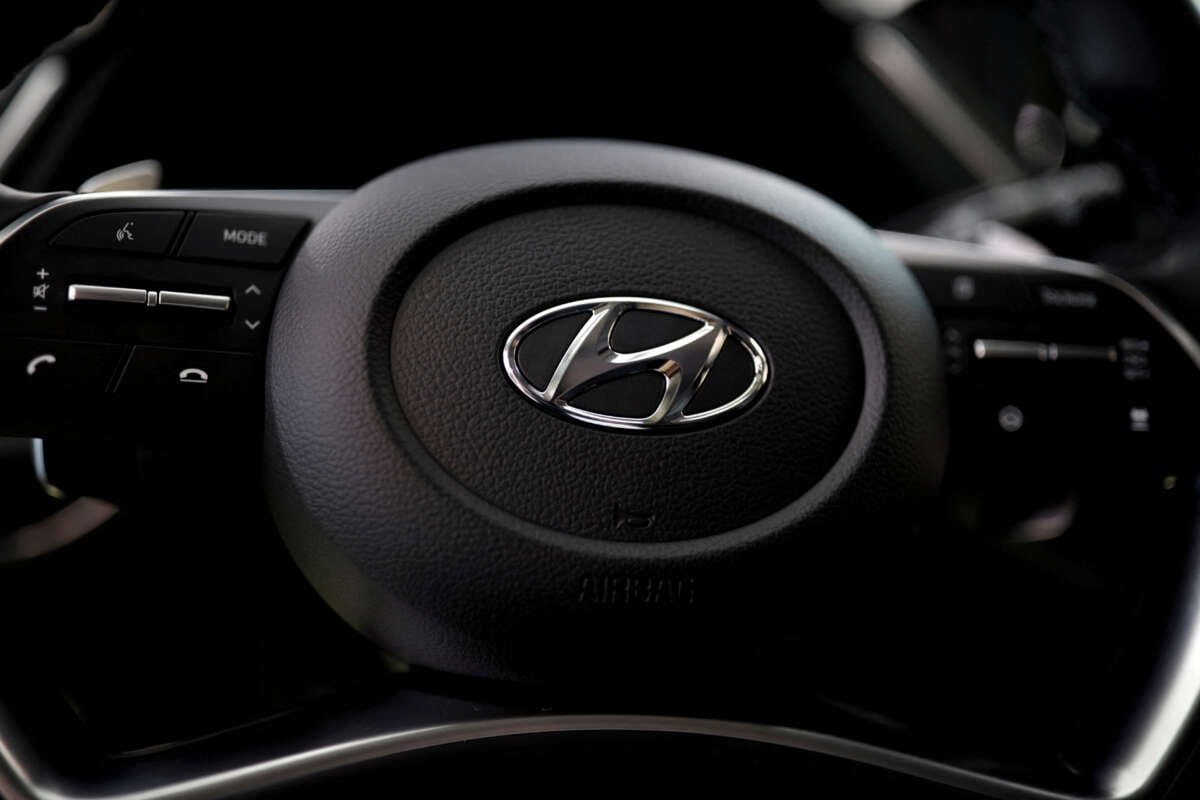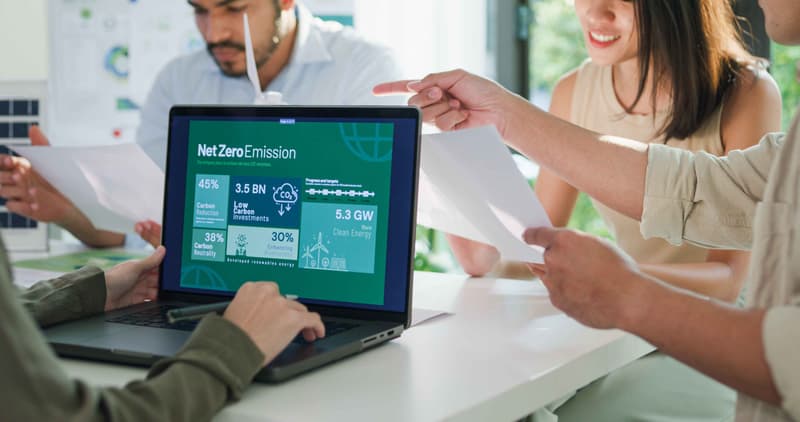
Factbox-Hyundai’s plans for EVs, restructuring in China
(Reuters) – Hyundai Motor, the No. 3 global automaker by sales with its affiliate Kia Corp, outlined plans on Tuesday for a deepened push into battery development, steps to cut the cost of new electric vehicles and a restructuring of its China operations.
Here are some of the highlights from Hyundai’s investor day presentation:
CHINA
Hyundai said it would close another plant in China this year. It did not specify which plant.
Hyundai said it would look to sell two factories including one it closed last year and another one that it plans to shut down this year. That will leave it with two factories in the world’s largest car market, down from five at its peak.
The remaining two factories will be also rationalised and produce vehicles for exports to emerging markets.
Hyundai said it would focus on higher-end models for China, including SUVs and Genesis-brand vehicles.
The automaker did not provide details on write-down and impairment charges it expected for the additional plant closure.
It said it was taking the move to scale back in China in response to intensifying competition and the expansion by Chinese automakers in other markets.
EV SALES AND INVESTMENT
Hyundai said it expected to sell 2 million electric vehicles annually by 2030, up from its previous target of 1.87 million. It said the forecast reflected faster-than-expected sales momentum for EVs.
The higher EV sales forecast would represent about 30% of Hyundai Group’s sales last year and 34% of its total vehicle sales target for 2030.
Hyundai said it would invest the equivalent of about $8.5 billion annually between this year and 2032, including research and development and capital investment. It said it expected the share of that going to combustion-engine vehicles would decrease from 2026 as it ramps up production of new EVs.
BATTERIES
Hyundai said it would invest just over $7 billion in the next 10 years to strengthen its ability to develop new batteries for EVs. The automaker said it had established a separate battery development unit with its Research and Development Center.
It will launch a hybrid with batteries jointly developed with SK On in 2023.
Hyundai, like Toyota Motor, also said it would start launching electric cars with cheaper lithium-iron-phosphate (LFP) batteries of the kind that have driven EV sales in China. It said it would have its first LFP model on sale around 2025 and would focus the rollout of that cheaper battery on emerging markets first.
EV DESIGN AND PRODUCTION
All of Hyundai’s current electric vehicles such as the Ioniq 5 are built on the company’s first EV-dedicated platform, known as the Electric-Global Modular Platform (E-GMP).
Hyundai said it would shift to a new and more efficient platform known as Integrated Modular Architecture (IMA). The automaker said the new IMA platform would be used on 13 EVs across the Hyundai, Kia and luxury Genesis brands it will roll out over the next seven years.
Hyundai said the new platform would reduce complexity in manufacturing EVs and produce significant cost savings.
It said that was part of its strategy to generate margins of 10% on EVs by 2030. The automaker had a 9.5% overall operating margin in the first quarter.
LOCALISATION
Hyundai said it would continue to use plants that had been dedicated to combustion-engine vehicles to also produce EVs. The two dedicated EV-only plants will be a factory under construction in Georgia with an annual capacity of 300,000 vehicles that would be ready in the second half of 2024 and a new plant in South Korea expected to start in 2025.
The automaker said its long-term target was to produce 75% of the EVs it sells in the United States locally and to produce more than half of those sold in Europe within Europe.
(Reporting by Hyunsu Yim and Heekyong Yang in Seoul, Writing by Kevin Krolicki in Singapore; Editing by Jacqueline Wong)

